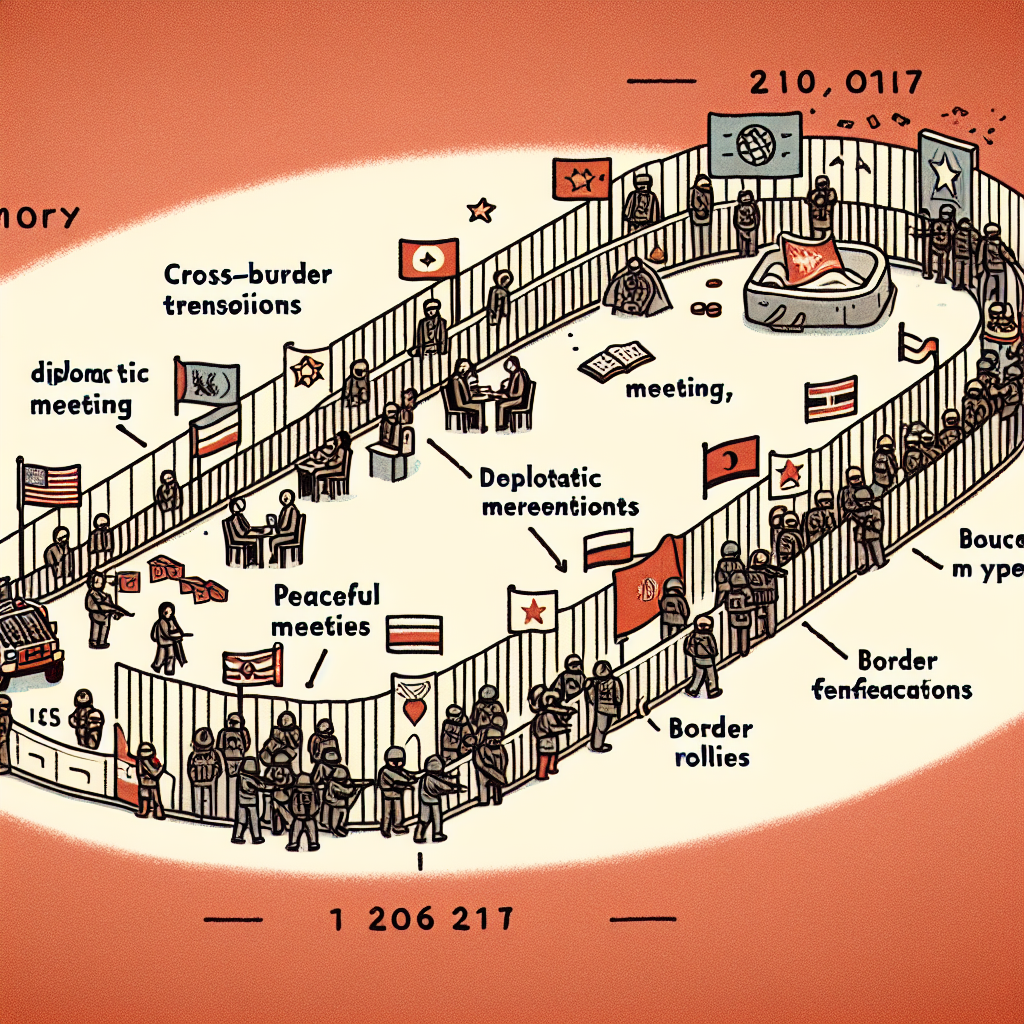A Year in Review: Cross-Border Tensions Between Israel and Lebanon
A Year in Review: Cross-Border Tensions Between Israel and Lebanon

Introduction
The past year has witnessed escalating tensions between Israel and Lebanon, marked by a series of confrontations and diplomatic challenges. This review provides a comprehensive overview of the key events and underlying issues that have shaped the cross-border dynamics between these two nations.
Key Events
- Border Skirmishes: Frequent exchanges of fire along the Israel-Lebanon border have heightened security concerns, with both sides accusing each other of provocations.
- Hezbollah’s Role: The Lebanese militant group Hezbollah has been a central figure in the tensions, with its military activities drawing significant attention from Israel.
- UN Involvement: The United Nations has been actively involved in mediating between the two countries, urging restraint and dialogue to prevent further escalation.
Underlying Issues
The tensions are rooted in a complex web of historical, political, and territorial disputes:
- Territorial Disputes: Disagreements over maritime borders and land demarcations continue to fuel hostilities.
- Political Instability: Lebanon’s internal political turmoil has exacerbated the situation, impacting its ability to engage in effective diplomacy.
- Regional Influences: The broader geopolitical landscape, including the influence of Iran and other regional players, plays a significant role in shaping the conflict.
Efforts Towards Resolution
Despite the challenges, there have been efforts to de-escalate tensions and seek peaceful resolutions:
- Diplomatic Talks: Both countries have engaged in indirect negotiations, facilitated by international mediators, to address specific issues such as maritime boundaries.
- Confidence-Building Measures: Initiatives aimed at reducing hostilities, such as ceasefire agreements and communication channels, have been explored.
Conclusion
The past year has been marked by significant challenges in the Israel-Lebanon relationship, driven by a mix of historical grievances and contemporary geopolitical dynamics. While tensions remain high, ongoing diplomatic efforts and international involvement offer a glimmer of hope for a more stable and peaceful future. The situation underscores the importance of continued dialogue and cooperation to address the complex issues at play.

















